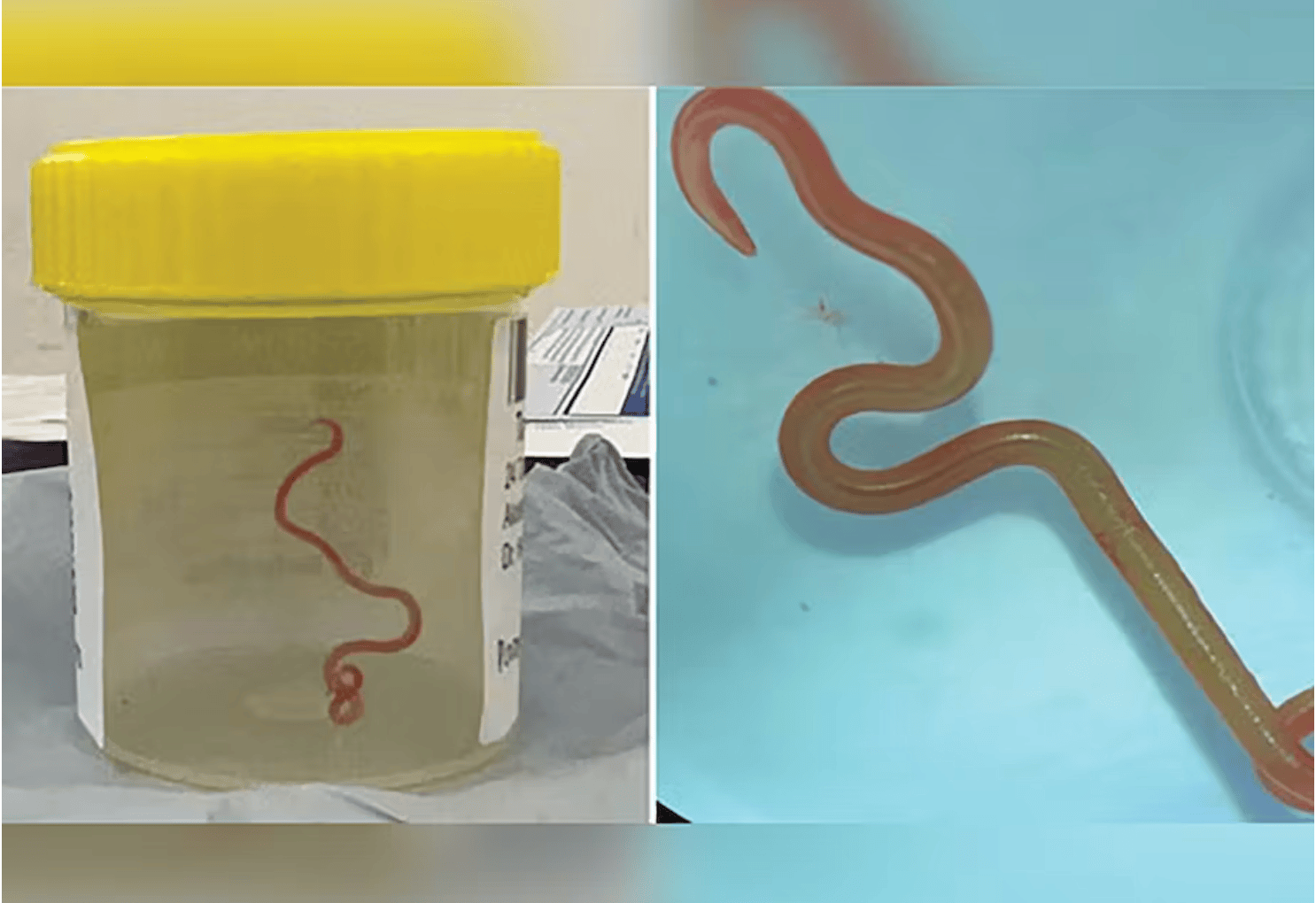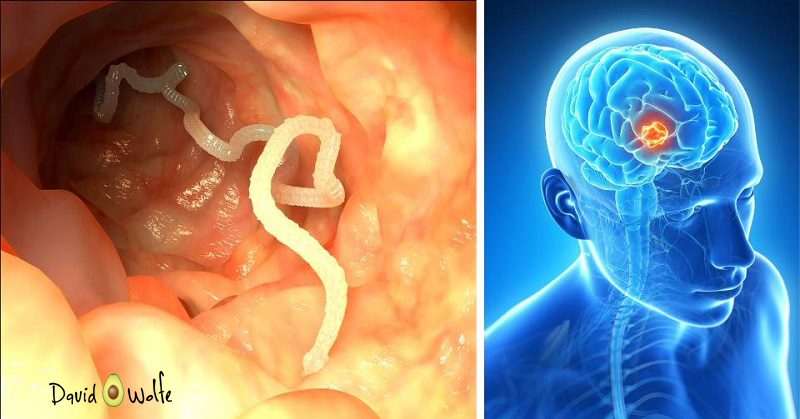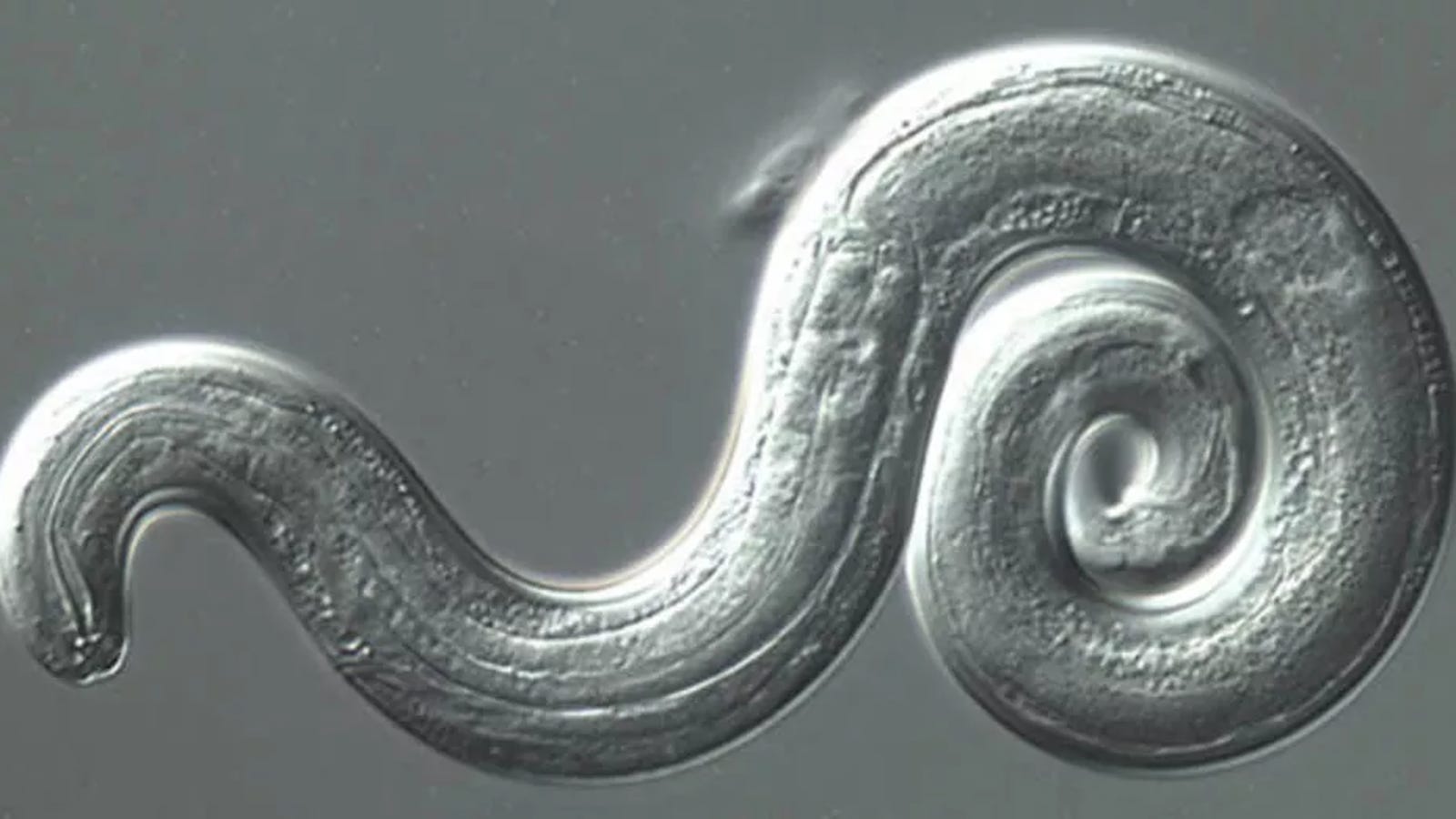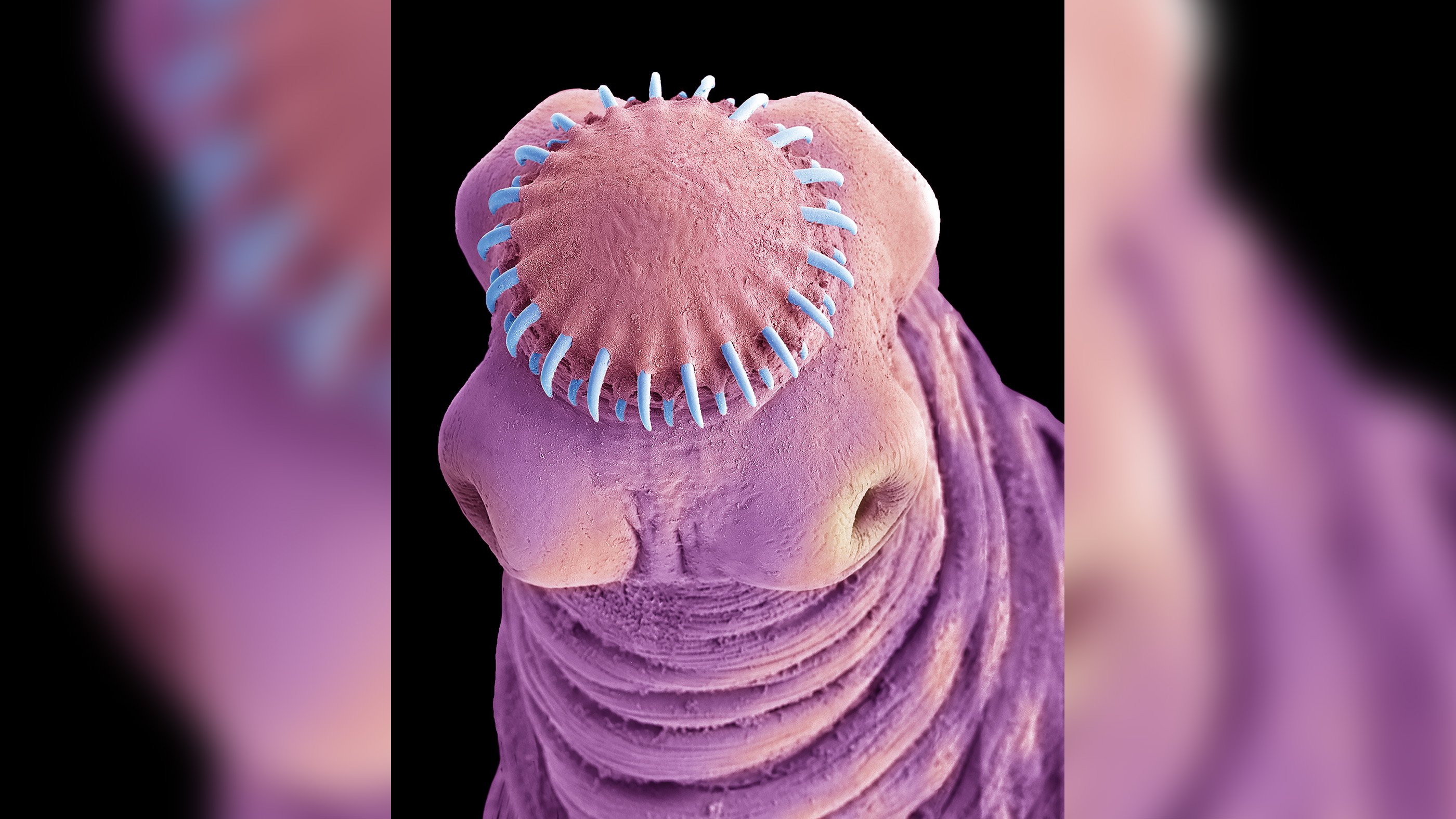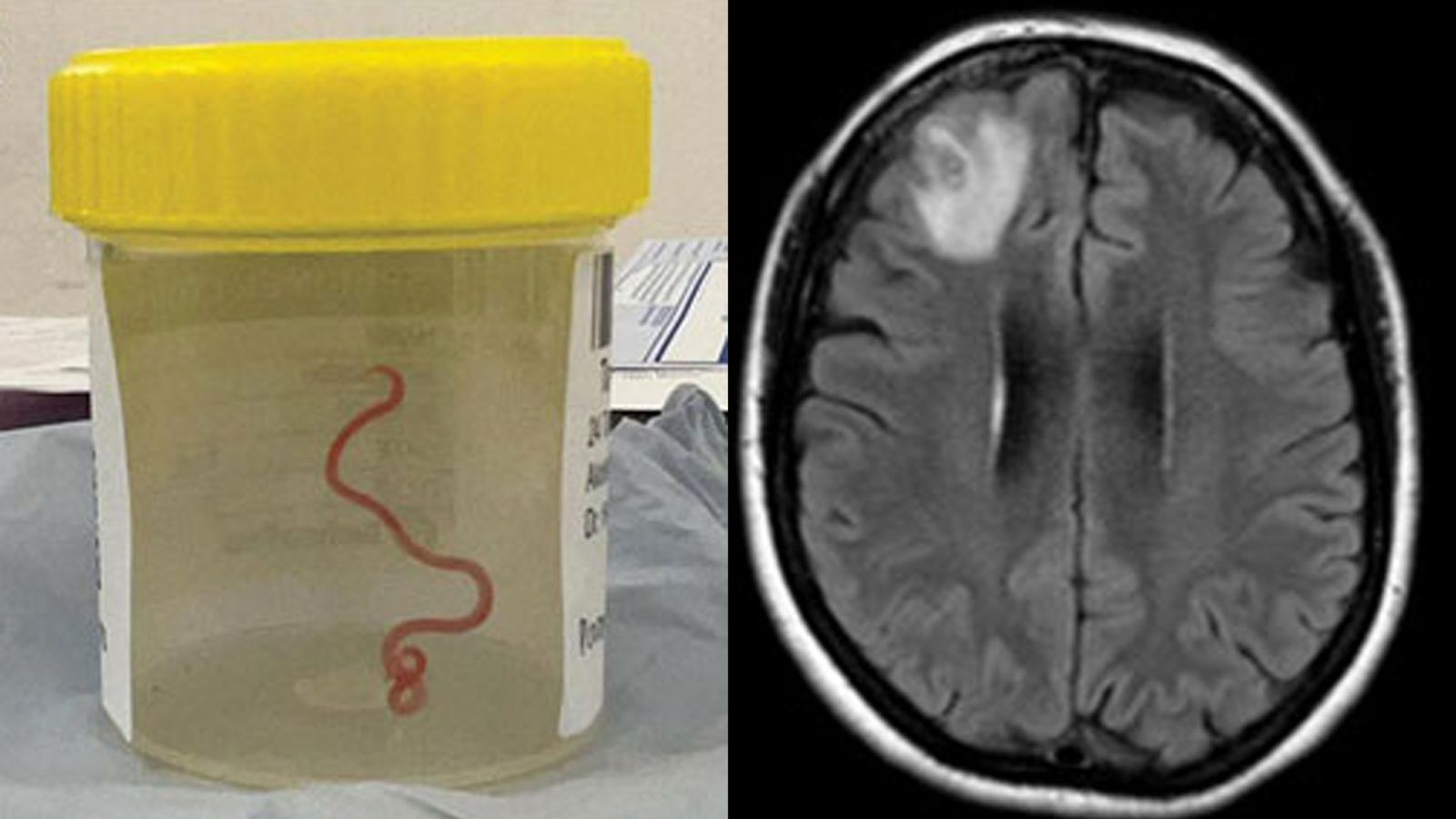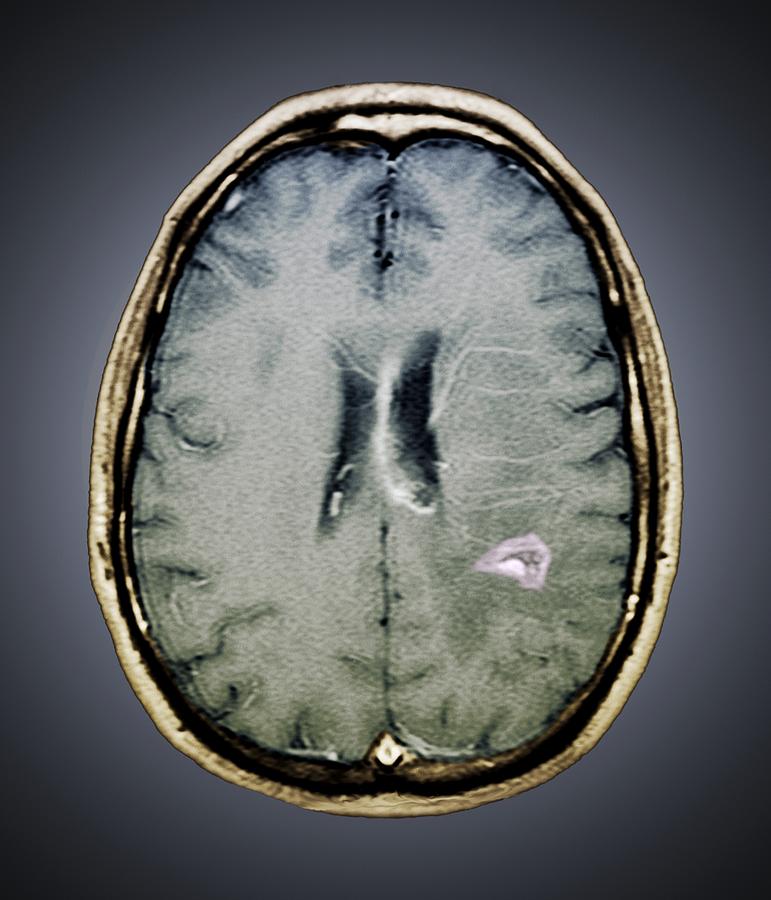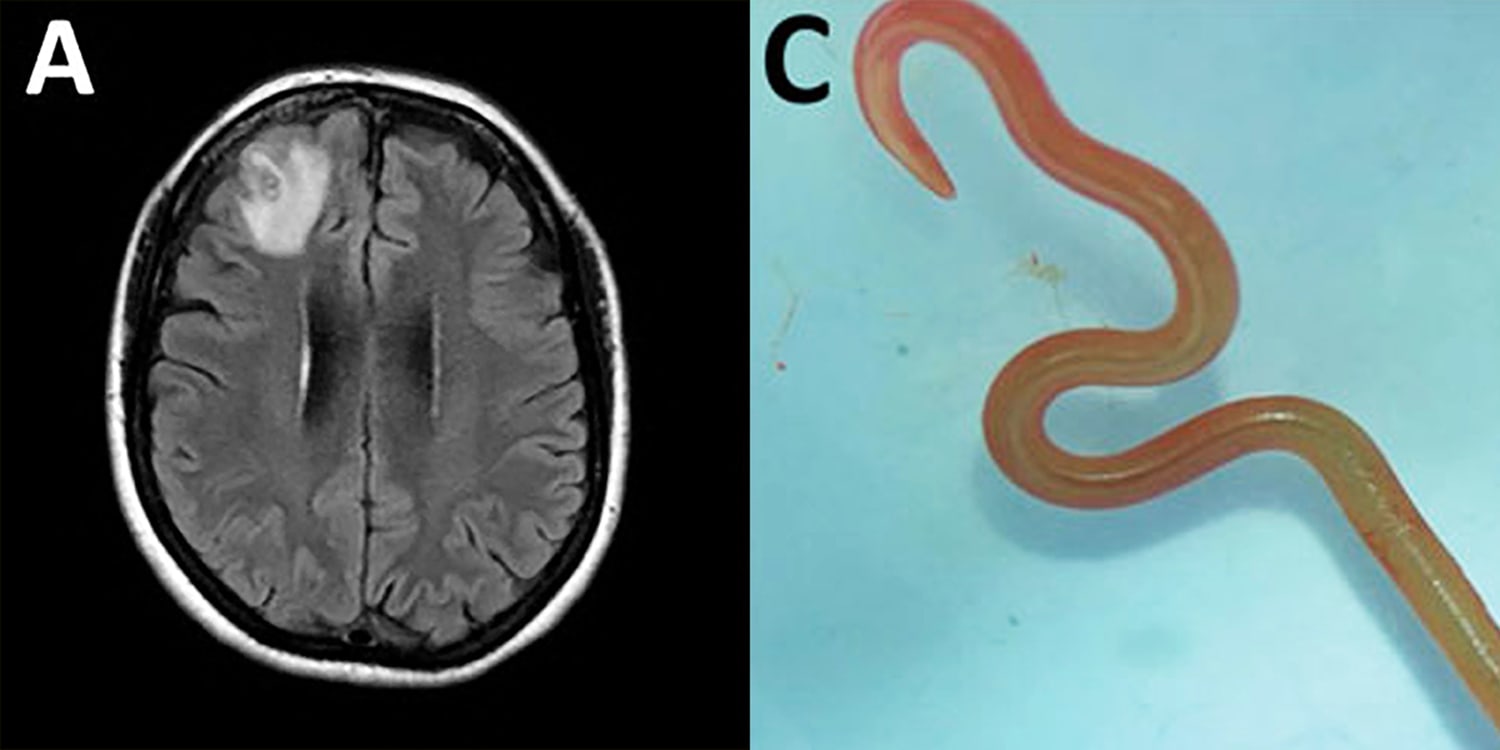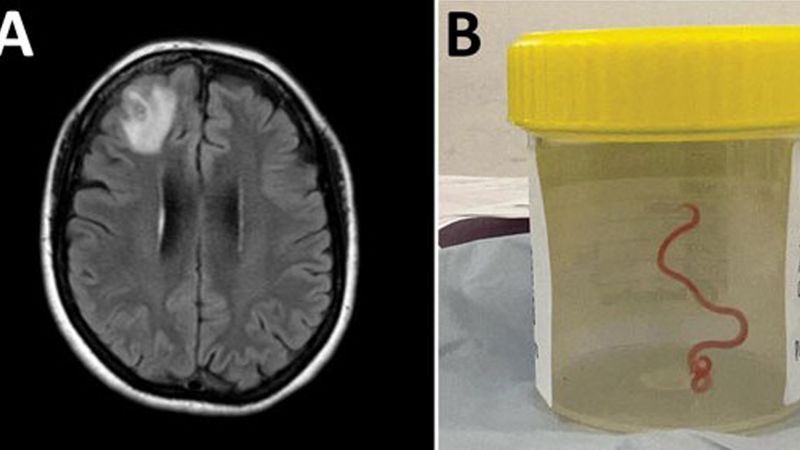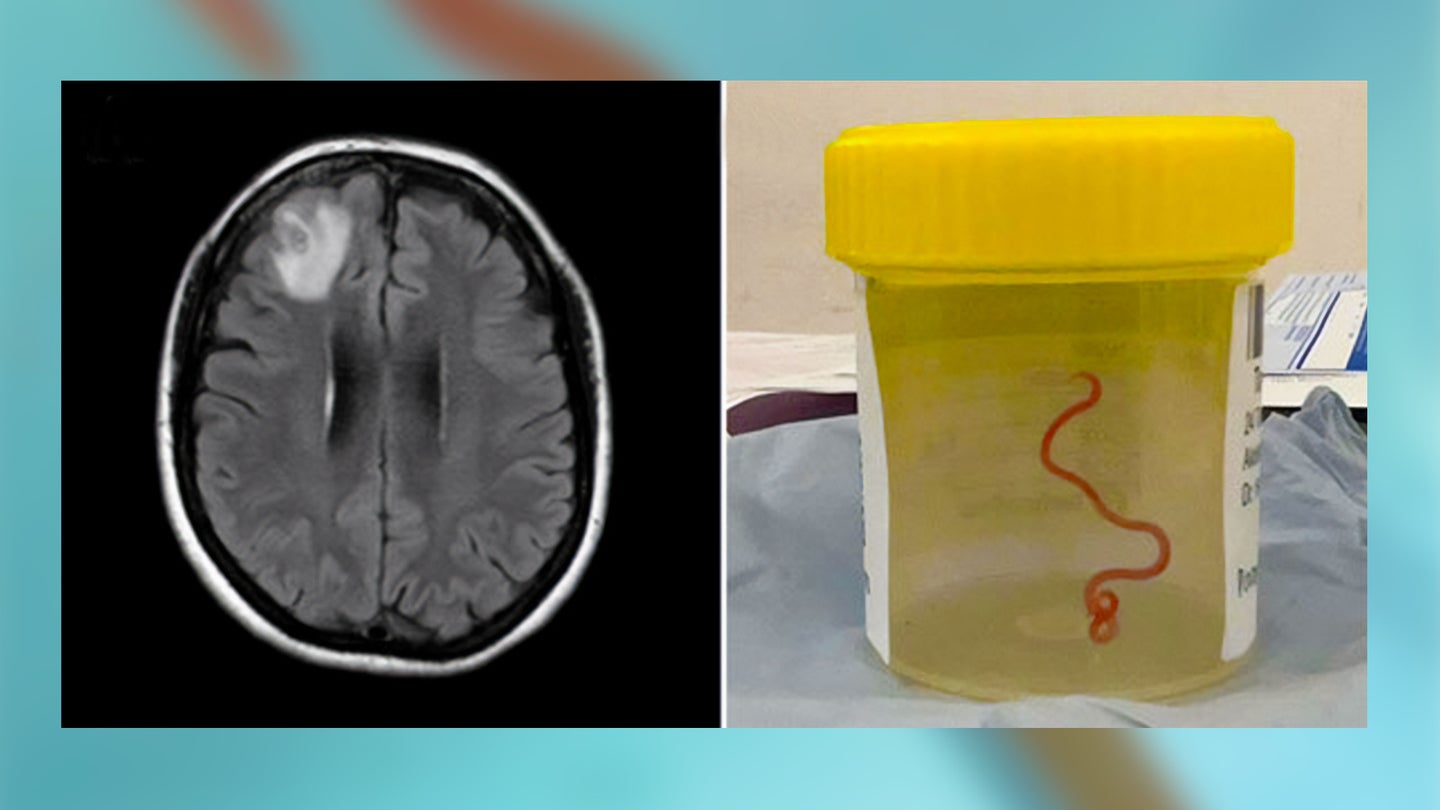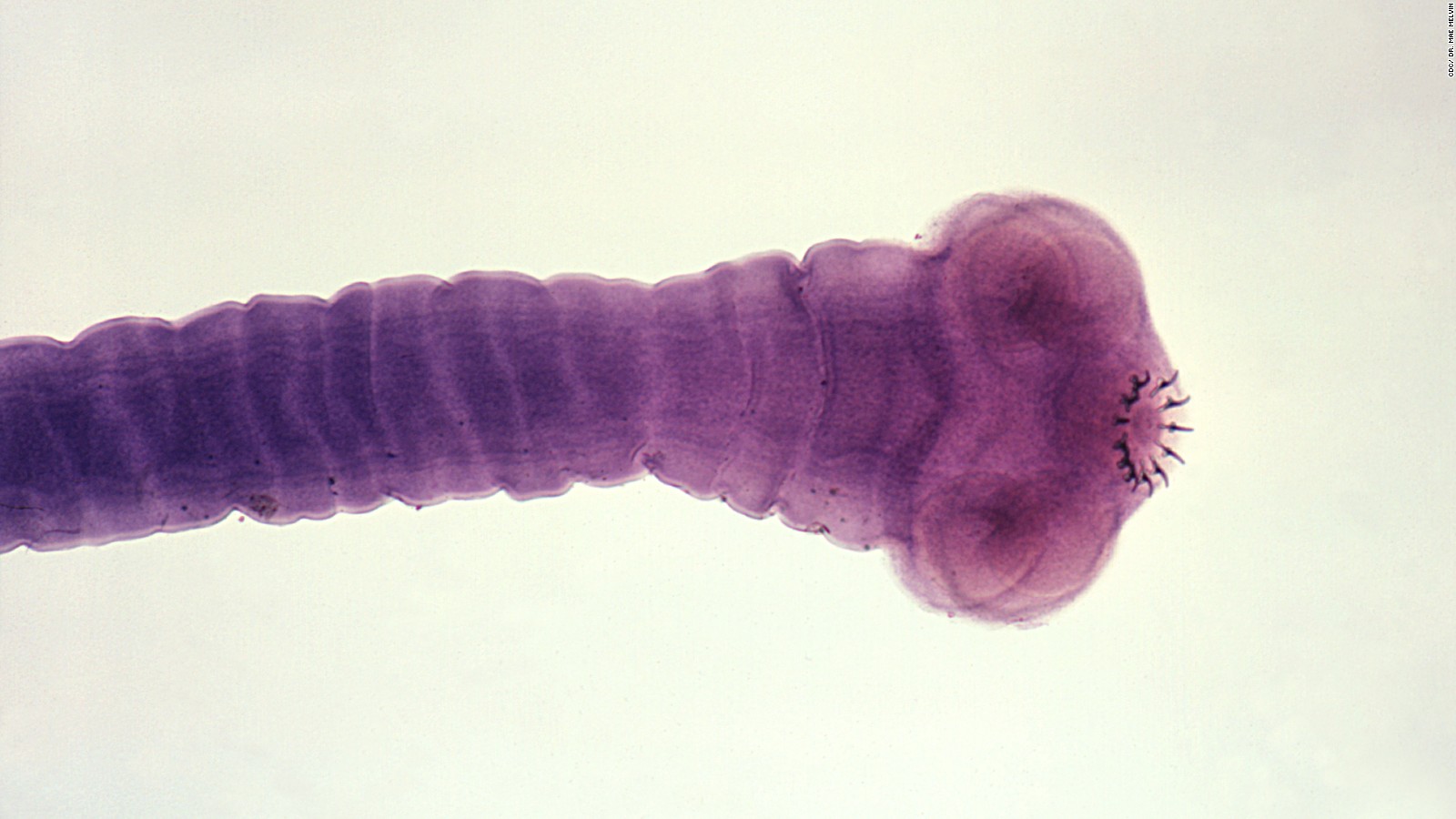Unraveling the Mystery of Brain Worms: Causes, Symptoms, and Prevention
From presidential candidate Robert F. Kennedy Jr.'s shocking revelation to the CDC's report on a family infected with brain worms after eating undercooked bear meat, the phenomenon of parasitic worms infecting the brain has sparked widespread concern and curiosity. But what exactly are brain worms, and how do they affect the human body?
The Science Behind Brain Worms
Brain worms, like the one RFK Jr. had, are a global public health problem, infecting millions of people worldwide. These parasites, typically tapeworms, can infect the brain and spinal cord, leading to neurological problems, seizures, and even death.
How Do Brain Worms Get into the Brain?
Theprimary culprit behind brain worms is the pork tapeworm (Taenia solium), whose larvae can infect the brain and spinal cord, causing neurocysticercosis. This condition, although rare, can be contracted through undercooked pork or contaminated food and water.
Symptoms, Diagnosis, and Treatment
Diagnosing brain worms can be challenging, but symptoms may include seizures, headaches, and neurological problems. Treatment typically involves antiparasitic and anti-inflammatory medications, as well as surgical intervention in some cases.
Prevention is Key
To protect yourself from brain worms, it's essential to:
- Avoid undercooked meat, especially pork and bear meat.
- Practice good hygiene and sanitation.
- Avoid contaminated food and water.
By understanding the causes, symptoms, and prevention strategies of brain worms, we can take steps to safeguard our health and prevent these devastating infections.
#Health

